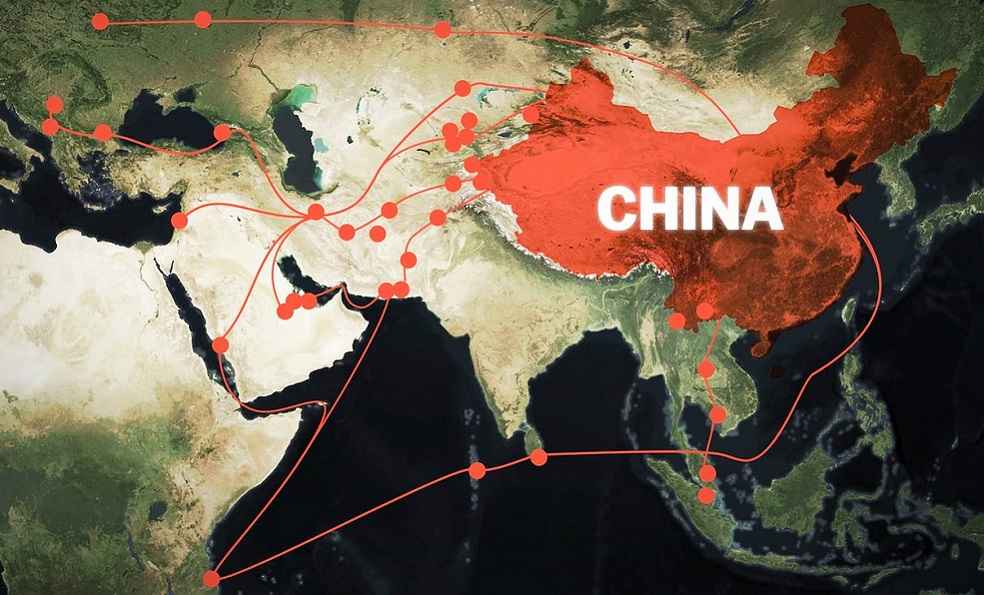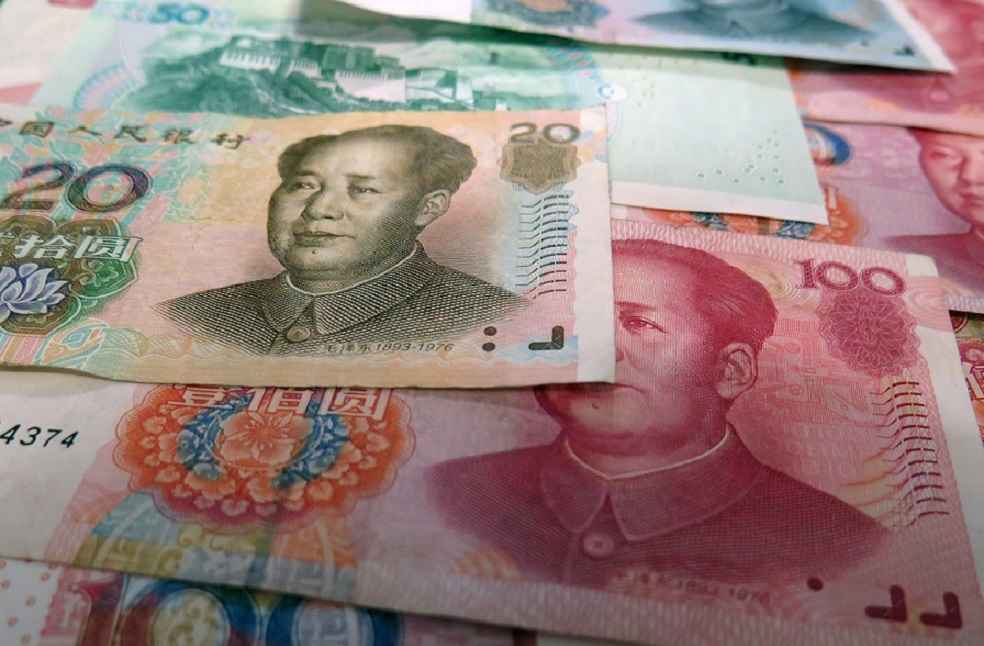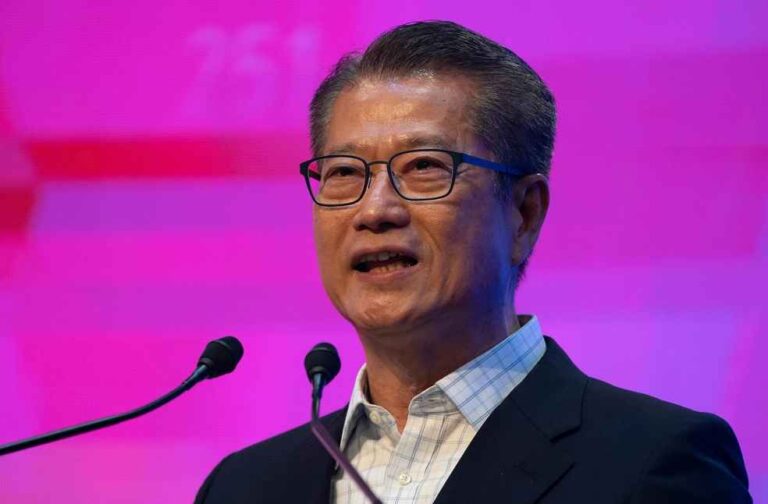Financial Secretary of Hong Kong, Paul Chan Mo-po, is encouraging investors to view Hong Kong as the premier financing platform for infrastructure projects under China’s Belt and Road Initiative (BRI). He emphasizes the city’s strong legal system, plentiful fiscal products, and proficiency in handling renminbi-based transactions.
In his weekly ministerial blog, Chan conveyed optimism that the BRI would catalyze a surge in green infrastructure projects, with Hong Kong playing a central role. This year commemorates the tenth anniversary of Beijing’s strategic plan to interconnect economies across Asia, Europe, and Africa into a trading network centered around China.
Chan indicated that the initiative has metamorphosed into a global platform epitomizing “openness, inclusiveness, mutual benefit, and win-win cooperation”. He highlighted that the trade volume between BRI countries and China experienced a twofold increase from $1 trillion in 2013 to $2 trillion last year, exhibiting an average annual growth rate of 8%.

As the initiative progresses, a proliferation of infrastructure projects is anticipated, stimulating a rise in investment and financing activities to bolster the scheme. “As the country’s international financial center, Hong Kong could make positive and unique contributions in this regard,” Chan stated.
He also accentuated the varied financing avenues available in the city, encompassing listings, securitization, conventional equity investments, syndicated loans, and bond issuances. A prominent example is the pilot scheme initiated last year, wherein the Hong Kong Mortgage Corporation proffered a tradeable securities product, Bauhinia 1, composed of infrastructure-related fiscal assets valued at $400 million.
Chan also underscored the significant impact of investments in renewable energy projects, which have culminated in an annual reduction of over 260,000 tons of carbon emissions. Additionally, investments in other sectors have empowered some BRI countries to augment higher education opportunities and advance their telecommunication infrastructure.

Addressing Hong Kong’s expertise in yuan-based transactions, Chan observed that the city constitutes the most substantial offshore pool for the currency, managing three-quarters of all offshore payment transactions. This expertise will be indispensable to numerous BRI countries aspiring to progress further, as a growing number are adopting the renminbi as the preferred currency for cross-border payment and settlement.
Chan noted that Hong Kong’s globally acknowledged regulatory system and professional services render it a quintessential financing platform. He also foresaw a rise in green infrastructure projects under the BRI, referencing market estimations that Asia, on its own, would necessitate climate investments amounting to $66 trillion over the upcoming three decades.
Chan spotlighted Hong Kong’s ascendancy in the green finance market, orchestrating over a third of all green and sustainable bonds issued in the Asian market. “With the cooperation among the Greater Bay Area cities, it is believed that Hong Kong will provide financial and technological solutions for the green transformation of Belt and Road countries,” he asserted.

The Greater Bay Area delineates Beijing’s blueprint to amalgamate Hong Kong, Macau, and nine mainland Chinese cities into an economic dynamo.
Hong Kong is preparing to host a two-day Belt and Road Summit, commencing this Wednesday. The event is predicted to draw over 1,000 leaders from the political, business, and NGO sectors, as well as entrepreneurs, and will include a session dedicated to opportunities in the Middle East.
DON’T MISS IT | 10 Years of BRI: China’s Global Ambition Meets Mixed Reactions



